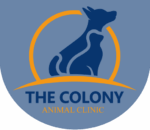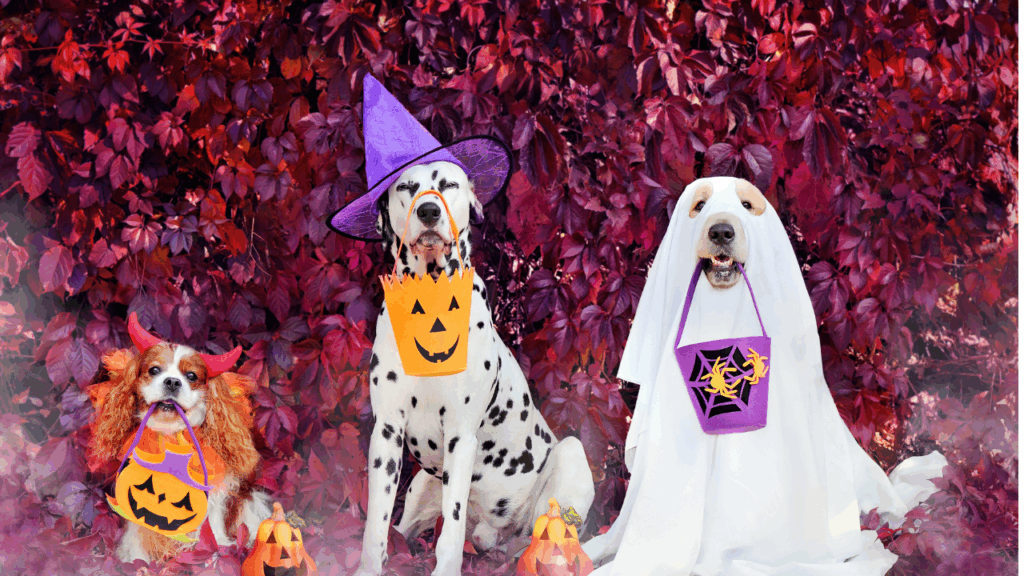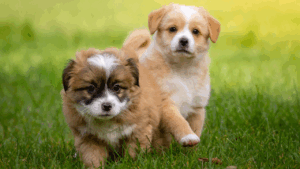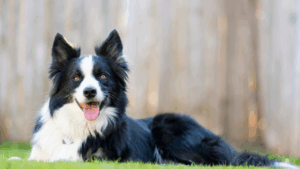As Halloween approaches, it’s easy to get wrapped up in the excitement of costumes, parties, and of course, candy. But while we’re indulging in sweets and decorating our homes, it’s crucial to remember that this spooky season can be full of hidden dangers for our furry family members. From seemingly harmless plants to common Halloween treats, many items that are safe for humans can be harmful to pets. Understanding Halloween pet safety and recognizing dangerous Halloween foods for pets is essential to ensuring everyone has a safe and fun celebration.
Dangerous Halloween Treats to Keep Away from Pets
Halloween is synonymous with candy, but some treats can pose severe health risks for our furry friends. Understanding pet health hazards during this festive time can prevent unwanted trips to the emergency vet. Chocolate is one of the most common culprits, and it can be highly toxic to both cats and dogs. Dark and baking chocolate are especially dangerous due to their high levels of theobromine, which pets can’t metabolize efficiently.
Beyond chocolate, many other dangerous Halloween foods for pets should be kept out of reach:
- Candy with Xylitol: This artificial sweetener is incredibly toxic and can cause hypoglycemia and liver failure.
- Candy wrappers: Foil and plastic can lead to choking or intestinal blockages.
- Hard candies: They pose a choking hazard and may damage teeth.
- Caramel apples: Apples are fine, but caramel contains high sugar levels, which can cause an upset stomach.
It’s also important to be cautious with raisins, which are popular in some festive treats. Even a small quantity can cause kidney failure in dogs. Stay vigilant and ensure all candy bowls and treat bags are placed well out of your pet’s reach to maintain Halloween pet safety during the spooky season.
Halloween Decorations and Toxic Plants in The Colony, Texas
Festive decorations and colorful plants are part of the Halloween charm, but some of these seasonal items can pose serious pet health hazards. Even common fall plants like chrysanthemums, autumn crocus, and decorative peppers can lead to severe reactions in pets if ingested. Understanding plants toxic to pets is essential for keeping your furry friends safe. Some potential dangers to watch out for include:
- Chrysanthemums: These bright flowers can cause vomiting, diarrhea, and lack of coordination.
- Autumn Crocus: Extremely toxic, leading to vomiting, seizures, and even organ damage.
- Decorative Peppers: The capsicum in these plants can cause oral and stomach irritation.
Additionally, be mindful of how you set up your Halloween decor. Strings of lights, fake spider webs, and other decorative items can become choking hazards or cause gastrointestinal issues if swallowed. Keeping Halloween pet safety in mind, make sure decorations are securely placed and avoid using small items that your pet might mistake for a toy. Regularly monitor your pets around the house to prevent them from chewing on or playing with these hazardous plants and decorations. A little precaution will ensure your Halloween remains festive and stress-free for both you and your pets.
Understanding the Risks of Seasonal Human Foods
Beyond Halloween candy and decorations, some festive seasonal foods can be dangerous to your furry friends. While it’s tempting to share holiday treats with pets, certain foods can quickly turn a fun evening into an emergency situation. Pet owners need to be aware of the risks associated with dangerous Halloween foods for pets, especially if they contain toxic ingredients.
Popular Halloween and fall foods to keep away from pets include:
- Pumpkin Pie: Often contains nutmeg, which can cause tremors, hallucinations, and even seizures.
- Spiced Cakes and Cookies: These often contain raisins or chocolate, both of which are toxic.
- Alcoholic Beverages: Even small amounts can lead to dangerous drops in blood sugar, loss of coordination, or even respiratory failure.
When it comes to pet health hazards, some seemingly safe snacks can also be problematic. For example, cooked bones from poultry can splinter and cause choking or internal injuries. Additionally, fatty foods, like fried treats or buttery dishes, can trigger pancreatitis in pets, a painful and sometimes life-threatening condition. Keep a close eye on pets during gatherings and ensure they stick to their own pet-safe treats to maintain Halloween pet safety during your celebrations.
Keep Your Pets Safe with The Colony Animal Clinic
The Colony Animal Clinic is dedicated to keeping pets safe and healthy in The Colony, Texas, and nearby areas like Frisco and Plano. Halloween is a time for fun, but it’s essential to prioritize your pets’ well-being by avoiding hazardous foods, toxic plants, and unsafe decorations. If you’re in The Colony or the surrounding cities, and you have concerns about your pet’s safety or health this Halloween, don’t wait, book an appointment today to ensure a safe and happy holiday season for your furry friend.












